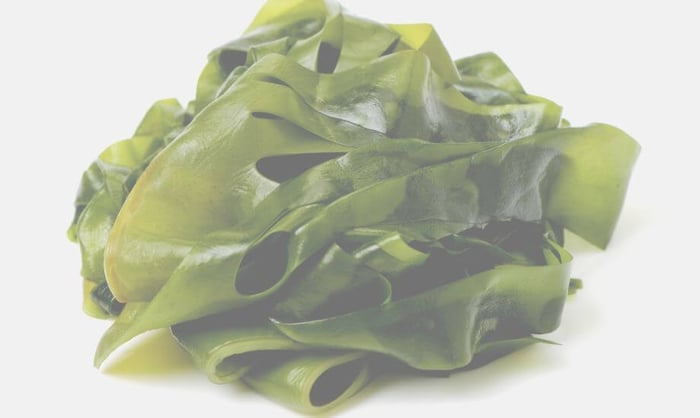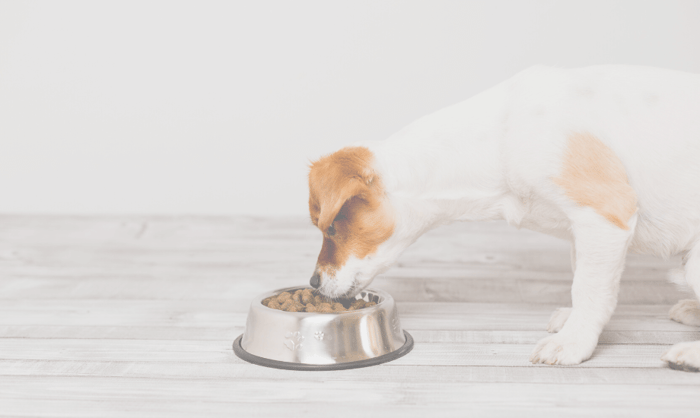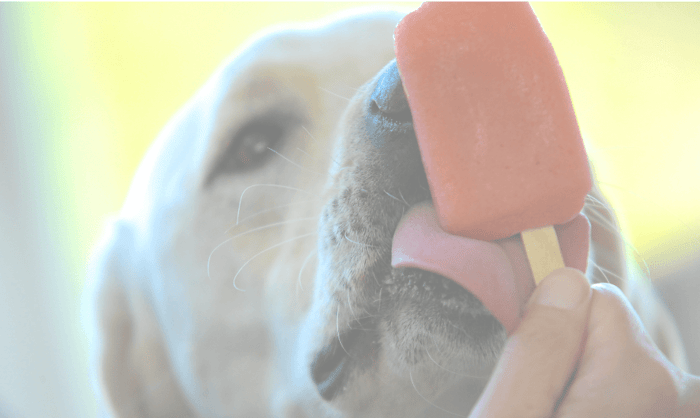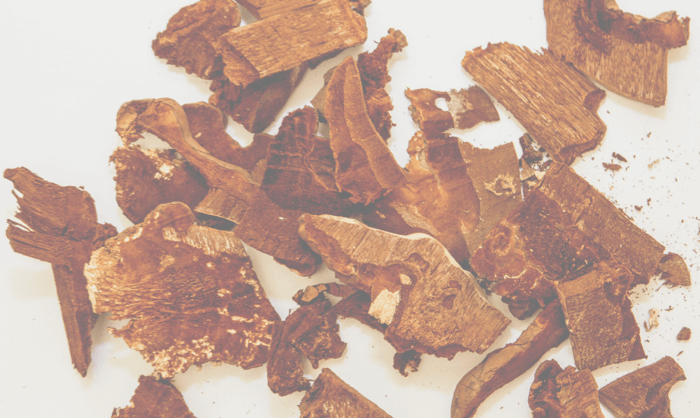As we're sure you know, seaweed is commonly known as both a beneficial supplement and a beloved human food, thanks in large part to sushi. But these marine plants and algae are actually great for dogs too, thanks to the many vitamins and minerals they obtain from the ocean’s waters. One type of seaweed in particular, kelp, is well known for its many health-supporting nutrients and compounds. These benefits of Kelp for Dogs – including fibre, calcium, and amino acids – can be enjoyed by both humans and dogs.
🦴What is kelp?
You might be surprised to learn that kelp is not a plant, but a type of brown algae seaweed called a heterokont. Kelp doesn’t have roots, but instead attaches itself to the rocky ocean bottom and gets its nutrients from the surrounding water. This fast-growing seaweed can be found near coastlines around the world, growing upwards towards the sunlight that provides its energy.
There are actually about 30 types of kelp, which grows in shallow and cool ocean waters in underwater ‘forests’ that provide habitats, food, and protection for a wide variety of aquatic animals around the world.
In addition to its important role supporting the health of our oceans, kelp has several nutritional benefits when consumed by mammals, including dogs. Sea kelp is densely packed with nutrients and healthy compounds, including:
- Calcium.
- Vitamin K.
- Iron.
- Iodine.
- Antioxidants.
- Vanadium.
🍲Health Benefits of Kelp for Dogs
Seaweed powder supplements, including kelp, are popular for both humans and pets. When it’s taken as a supplement, kelp is often consumed in a dried and powdered form and added to other foods. For example, healthybud’s Freeze-Dried Beef Patties and Freeze-Dried Turkey Patties both contain human-grade dried kelp as one of their healthy and sustainably sourced ingredients.
Here are six ways kelp powder could support your dog’s health:
- As a source of calcium, kelp supports your dog’s bone and dental health and overall wellness.
- Vitamin K, found in kelp, is best known for its important role in blood clotting. But this nutrient is also essential for skin health and wound and bone healing.
- Kelp is a moderately rich source of iron, which supports overall health and prevents anemica.
- Like humans, dogs need iodine in their diets. Kelp is a natural source of this nutrient, which supports metabolism and thyroid health.
- Kelp contains antioxidants, health-supporting compounds that naturally occur in foods. Antioxidants help prevent inflammation, fight disease-causing free radicals, and otherwise help your pet stay healthy.
- A mineral called vanadium is naturally occurring in kelp. Early research on this nutrient indicates that it may help regulate blood sugar.
🌊Is kelp for dogs Safe?
Kelp, as a food or supplement, is safe for dogs to eat. But the quality of kelp depends on the health of the waters surrounding it, which is why it’s important to choose kelp supplements and foods that contain kelp powder carefully.
Look for ingredients that are sustainably sourced and well tested, from companies you trust. At healthybud, we only use high-quality ingredients that are human grade. Our supply chain is regularly tested and audited, and our products are backed by research and expertise.
But as with all supplements and new foods, start slow and watch for potential reactions. Try adding kelp seaweed to your dog’s diet by choosing a food containing it, like healthybud’s Beef Meal Bites and Turkey Meal Bites. If your dog has a health condition or takes any medications or supplements regularly, chat with your vet before changing his diet.
🌿 How to feed dogs kelp
Kelp can be purchased whole, fresh, frozen, or dried. But the easiest way to include it in your dog’s diet is as a dried powder added to your dog’s food, or by choosing a dog food that already contains kelp or kelp powder as an ingredient.
When you choose a food that already contains kelp, you can feel confident your dog is getting the ingredient in a safe and healthy amount. All of healthybud’s foods are developed with a healthy balance of ingredients including meat, vegetables, fruits, and superfoods.
And don’t forget to pay attention to dosages! For products designed for humans, assume a weight of 150 pounds and adjust down accordingly for your dog’s size. For products for pets, check the weight used to determine suggested serving size on the label.
Finally, be sure you don’t accidentally give your dog too much iodine through supplementation with kelp. The Nutritional Research Council recommends about 220 micrograms of iodine for every 1,000 calories your dog eats, so be sure to balance any additional supplementation with the iodine already provided by your pet’s food.
And as with any supplements or dietary changes, bring any questions or concerns to your vet – especially if your dog takes medications that might be affected by this dietary supplement. This is especially important if your pet is currently being treated for a thyroid-related condition such as hyperthyroidism.
Support your best bud's health with high quality, healthy foods and treats you and your bud will both feel great about. Visit the healthybud website now to learn more about our products and subscription options.
Stay healthy, stay happy, stay curious #healthygang!
Lots of love,
-The healthybud team






